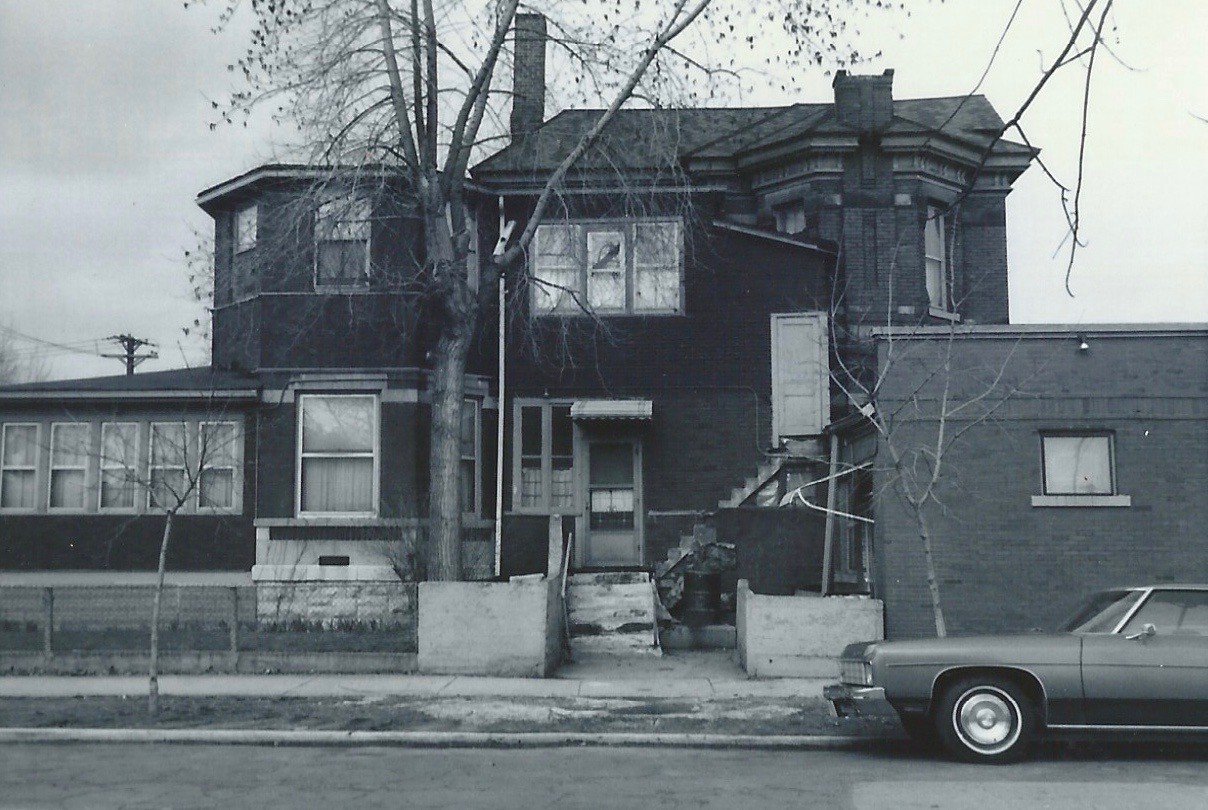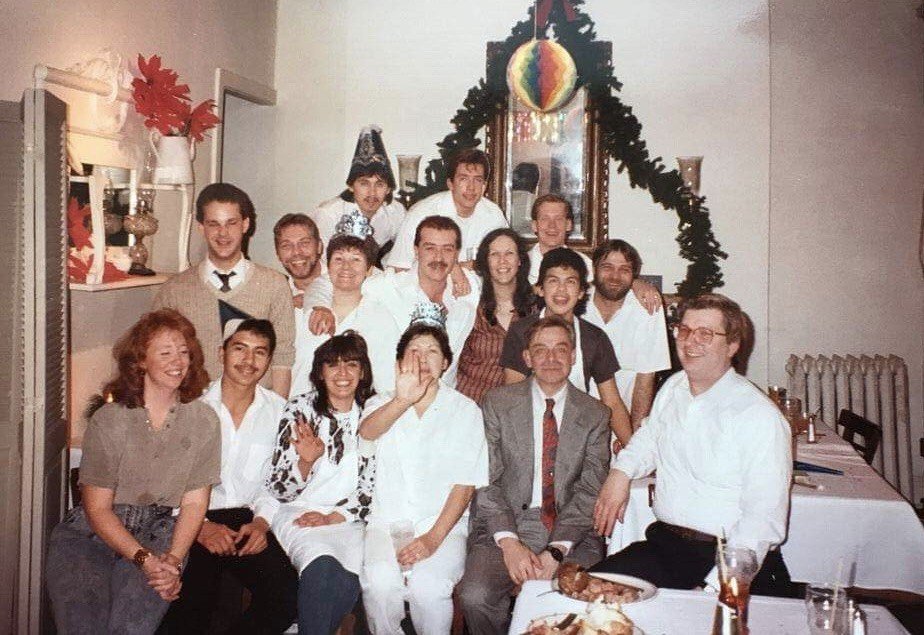LGBTQ+ Pride in Pullman
Since its establishment in 1881, Pullman has epitomized diversity through intentional design, accommodating residents from varied income brackets and diverse cultural backgrounds. This diversity is ingrained in the town's fabric.
As we close out Pride Month, it's timely to recognize the enduring positive impact that the diversity of the LGBTQ+ community has had on Pullman. Over the past 50 years, LGBTQ+ individuals who have lived here have not only embraced their authentic selves but also played pivotal roles in preserving and restoring Historic Pullman. Many served in key positions within significant local organizations, contributing to the restoration of historic properties crucial to Pullman's designation as a National Historical Park.
These individuals, our family, friends and associates, dedicated themselves to enhancing community life and organizational integrity. They took pride in their contributions, from leadership roles to restoration projects, all while being openly embraced by the Pullman community for their hard work and shared values.
In the late 1960s and early 1970s, a group of preservationists, many of them gay, called Pullman home. They appreciated the architectural heritage and actively worked to restore and improve both buildings and the neighborhood itself. Their efforts, often as volunteers with organizations like the Pullman Civic Organization and Historic Pullman Foundation, led to the preservation of numerous significant properties.
When John Nickerson and his partner Richard Jackson purchased the home at 623 East 111th Street in the early 1970s, they removed a one story addition that was added on in previous years and served a coffee shop. The couple restored the front of their home and planted a garden.
For instance, John Nickerson and Richard Jackson restored the former Dr. McClean residence, reclaiming its original character by removing a unattractive “modern” restaurant addition. Geno Carollo and Bob Bytnar purchased and restored the plant manager's residence at 605 East 111th Street, turning it into the popular “Sessions” restaurant - now the Welcome Center for the Pullman House Project. These efforts extended to converting “modernized” dwellings back to their 1880s charm, contributing significantly to Pullman's status as a national landmark and historical park.
Geno Carollo and his partner Bob Bytnar worked at the Hotel Florence soon after the Historic Pullman Foundation purchased it. Not long after, they established “Sessions” restaurant at 605 East 111th Street which is now the Welcome Center for the Pullman House Project. Geno and Bob (bottom right) pose in the library room of Sessions with staff from the restaurant in the early 1980s.
Beyond their restoration endeavors, these individuals organized community events that fostered unity and supported local organizations. They held leadership roles, including presidencies within community groups, churches, and special interest organizations, further enriching Pullman's diverse and inclusive spirit.
John Nickerson (second from the right) at a presentation of the a bust of Mayor Richard J. Daley at the Hotel Florence on May 5, 1977. Nickerson was the then-president of the Pullman Civic Organization.
Throughout their involvement, their sexuality or gender identity was respected without question, as they were valued members who shared a deep passion for architecture, community engagement, and local heritage. They upheld community standards and participated actively in civic life, earning respect as responsible and dedicated citizens.
People in Pullman who identify as LGBTQ+ continue to live fulfilling lives in both private and community spheres, acknowledged and respected for their contributions as couples, partners, and leaders. Their commitment to Pullman's community goals and values, exemplified through historic preservation and civic service, remains a testament to their enduring impact and legacy.



